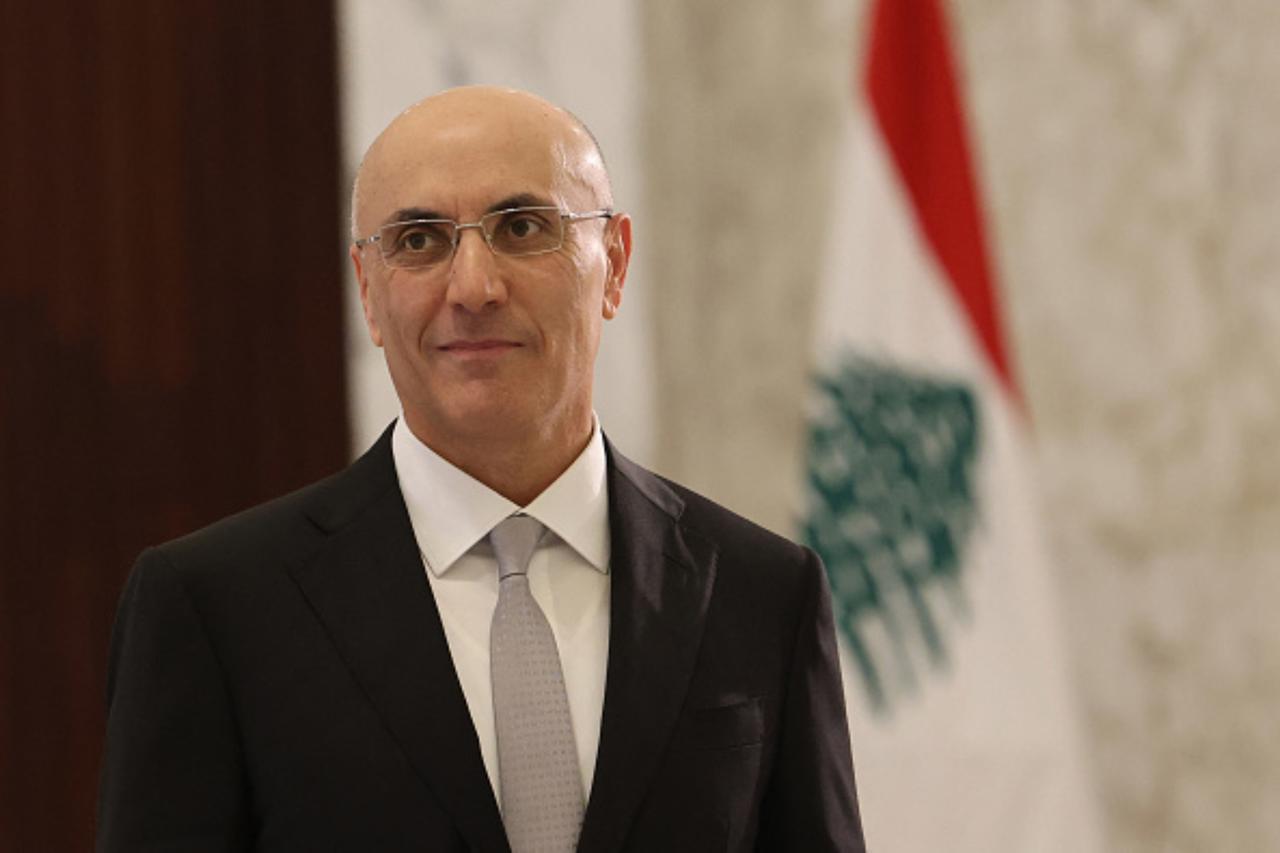
Lebanese Interior Minister Ahmed al-Hajjar said Thursday that liberating occupied territory in the south and halting Israeli violations remain uncompromising national priorities, as Israel intensifies strikes and incursions despite the ceasefire.
Speaking at the “Road Safety in Lebanon” conference in Beirut, he said the country faces a key challenge in extending state authority over all its territory, in line with the constitution and Lebanon’s sovereignty and unity.
He said the Lebanese army, along with other security agencies, is enforcing full control over every inch of Lebanese land. Despite the difficulties the country is facing and limited resources, he said, road safety and the safety of Lebanese citizens remain top priorities.
He urged the public to partner with the state through self-monitoring and by setting an example at a time when Lebanon needs reform to move toward openness and prosperity.
His remarks come amid continuing Israeli violations of the ceasefire agreement that took effect on Nov. 27, 2024, and amid Israel’s shifting field tactics—including operations in densely populated areas and deeper south, as well as in the Bekaa.
Israel has also been building new concrete walls along the southern border and intensifying incursions, bulldozing and detonating buildings in recent days.
At dawn Thursday, Israeli warplanes struck the Khanouq area in the town of Aitaroun in southern Lebanon. The state-run National News Agency said Israeli aircraft fired two air-to-ground missiles near the site of an explosion that had occurred two days earlier.
Less than 30 minutes later, Israeli warplanes hit the western outskirts of Tayr Felsay, launching two more rounds on the same area.
The agency also reported heavy Israeli drone activity overnight over Nabatieh and nearby towns at low altitude. Later in the evening, an Israeli drone struck a car in the town of Toul, injuring one civilian, according to the Lebanese Health Ministry.
The committee overseeing the cessation of hostilities in Lebanon (the Mechanism) met on Wednesday in Ras al-Naqoura, as Lebanese authorities reaffirmed the need for the committee and its international sponsors—the United States and France—to pressure Israel to halt its attacks and withdraw from occupied areas in the south.
Information obtained by Al-Araby Al-Jadeed showed that the Lebanese side presented evidence of increased Israeli cease-fire violations since the committee’s last meeting in late October.
Lebanon again stressed the need to press Israel to stop its attacks and withdraw from remaining positions so the Lebanese army can complete its deployment in the south and implement the first phase of the plan to limit weapons south of the Litani River by year’s end.
Lebanon also presented Israeli violations near army positions and UNIFIL sites, along with evacuation warnings issued by Israeli forces and carried out last Thursday in several southern villages.
It also submitted its second report on the weapons-control plan, showing significant progress—including the closure of more than 25 tunnels, the dismantling of over 50 rocket launchers, and the seizure of thousands of weapons and rounds of ammunition—as work continues to make the area south of the Litani fully free of arms.